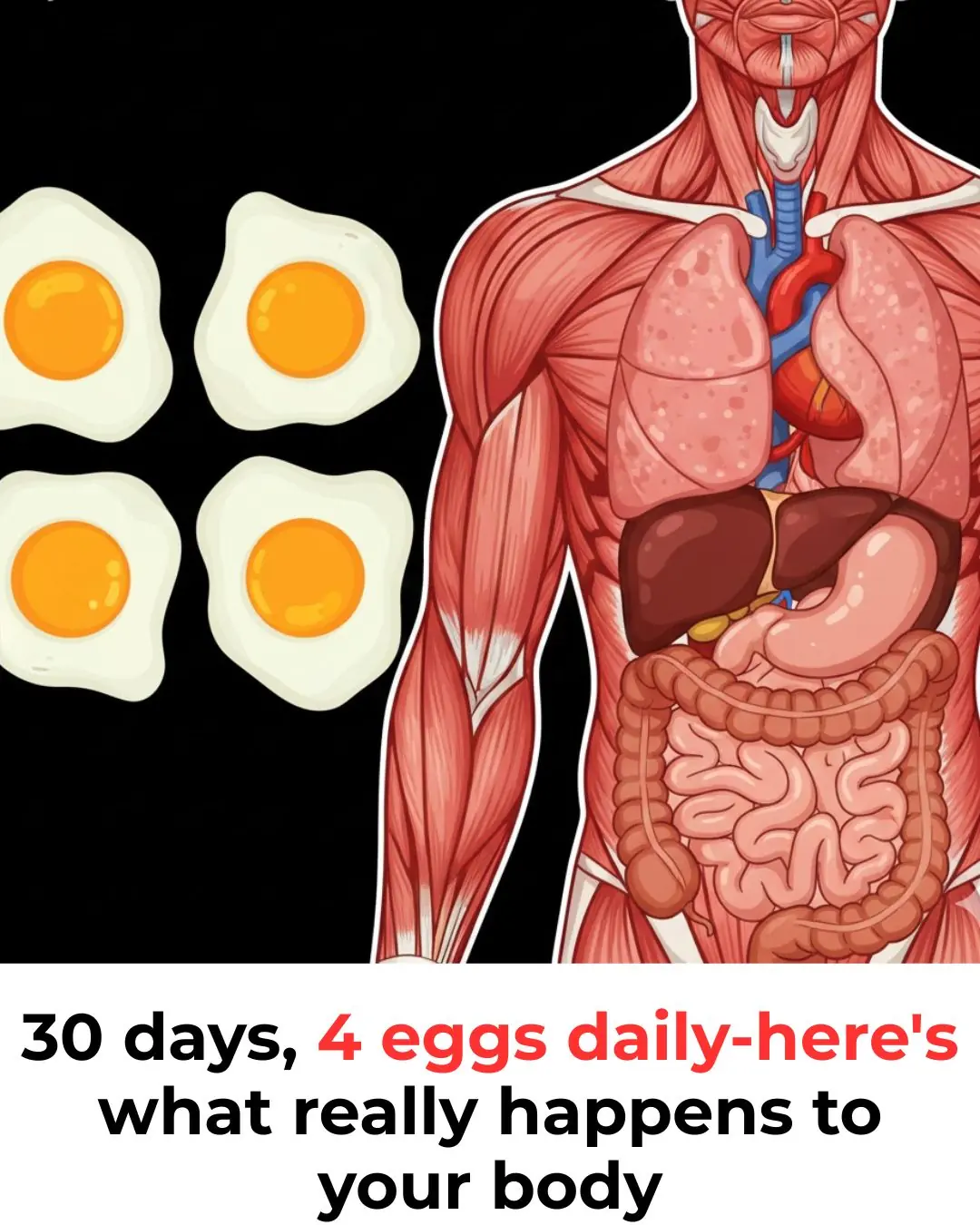
Home Alone During a Heart Attack …5 Critical Steps That Could Save Your Life

Home Alone During a Heart Attack: 5 Critical Steps That Could Save Your Life
Picture this scenario: you’re home alone, maybe late at night, scrolling your phone or getting ready for bed, when something suddenly feels off. A strange pressure builds in your chest. Your breathing becomes shallow. Your heart feels like it’s pounding out of rhythm. A wave of panic rises as one terrifying thought crosses your mind:
“Am I having a heart attack?”
And even worse — there’s no one else around to help.
It’s a frightening situation, but knowing exactly what to do in the first few minutes can be the difference between survival and irreversible damage.
Drawing from insights by cardiologist Dr. Andre Wambier, here are the five most important steps to take if you ever face a possible heart attack alone.
Step 1: Recognize the Warning Signs Early
A heart attack doesn’t always look dramatic. In fact, many start quietly, with symptoms that slowly intensify over minutes. The sooner you identify what’s happening, the faster you can get life-saving help.
Here are seven key symptoms to watch for:
-
Chest pain or pressure: Often described as heaviness, squeezing, or a tight band around your chest.
-
Radiating pain: Discomfort spreading to your left arm, shoulders, jaw, neck, or even your upper back.
-
Shortness of breath: Feeling winded even while resting or doing light activity.
-
Nausea or vomiting: Often paired with chest discomfort.
-
Cold sweats or clammy skin: A classic warning sign.
-
Sudden fatigue or weakness: Feeling overwhelmingly tired without explanation.
-
Dizziness or lightheadedness: A sense of imbalance or faintness.
📌 If you experience several of these symptoms at the same time, don't wait to see if they pass — act immediately.
Step 2: Call for Help — Because Time Is Muscle
The most important step is simple: Call emergency services right away.
Every minute without treatment increases the amount of permanent damage to the heart muscle. Paramedics are equipped to begin life-saving interventions — like oxygen, ECG monitoring, and medication — before you even reach the hospital.
Even if you’re unsure whether it’s truly a heart attack, it’s always safer to call.
Remember: Delaying treatment is far more dangerous than making a “false alarm.”
Step 3: Stay Calm, Still, and Conserve Energy
While waiting for help to arrive, your goal is to reduce stress on your heart and prevent the situation from worsening.
Here’s what to do:
-
Sit down and rest. A slightly forward-leaning position can ease breathing.
-
Stay calm. Take slow, controlled breaths to avoid increasing your heart rate.
-
Unlock your door. This ensures paramedics can reach you quickly, even if you become unresponsive.
-
Avoid activity. Don’t walk around, climb stairs, or try to get dressed. Every movement makes your heart work harder.
If possible, keep your phone within reach in case you need to call again or give additional information.
Step 4: Take Aspirin — If It’s Safe for You
If you have aspirin nearby, chew (don’t swallow whole) one 325 mg tablet. Chewing allows it to enter the bloodstream more rapidly.
Aspirin works by thinning your blood, potentially slowing down clot formation and reducing the severity of the attack.
⚠️ Only do this if:
-
You’re not allergic to aspirin.
-
You don’t have a medical condition or prescription that forbids it.
-
It won’t delay your emergency call — aspirin is a supplement to treatment, not a replacement for medical help.
Step 5: Ignore the “Cough CPR” Myth
You may have heard advice online suggesting that repeated, hard coughing can restart your heart during a heart attack. This method — often called “cough CPR” — is not scientifically supported and can create a false sense of safety.
There is no home technique that substitutes calling emergency services.
If your heart stops, only trained professionals or proper CPR from another person can save you.
Bonus: What to Do If You Find Someone Unresponsive
If you come across another person who may be having a cardiac emergency:
-
Check responsiveness: Tap their shoulder and ask loudly, “Are you okay?”
-
Call emergency services immediately.
-
Begin CPR if trained:
-
Push hard and fast in the center of their chest.
-
Aim for 100–120 compressions per minute (similar to the beat of “Stayin’ Alive”).
-
Continue until professionals arrive.
-
Quick response can dramatically increase survival rates.
Prevention: Protect Your Heart Before a Crisis Happens
While knowing how to respond is essential, the best defense is reducing your risk of a heart attack in the first place. Small lifestyle changes can make a powerful long-term impact.
Here’s how to protect your heart daily:
-
Eat a heart-healthy diet: Emphasize fruits, vegetables, whole grains, beans, and lean protein.
-
Exercise regularly: Aim for at least 150 minutes of moderate activity each week.
-
Manage stress: Try breathing exercises, yoga, mindfulness, or a calming hobby.
-
Monitor your numbers: Keep track of blood pressure, cholesterol, and blood sugar.
-
Avoid smoking and limit alcohol.
-
Maintain a healthy weight to ease pressure on your cardiovascular system.
Prevention doesn’t require perfection — just steady, consistent habits.
Final Thoughts
Being alone during a heart attack is a terrifying idea, but knowledge gives you power.
By recognizing symptoms early and acting quickly, you can drastically increase your chances of survival.
Remember:
-
Recognize warning signs
-
Call for emergency help
-
Stay calm and conserve energy
-
Take aspirin if appropriate
-
Wait safely for professionals
Above all, trust your instincts. When something feels seriously wrong, don’t brush it off.
In matters of the heart, every second truly counts.
News in the same category


You’ve Been Taking The Wrong Type of Magnesium All This Time

This Salt, Pepper and Lemon “Miracle-Mix” Can Help Solve 9 Problems
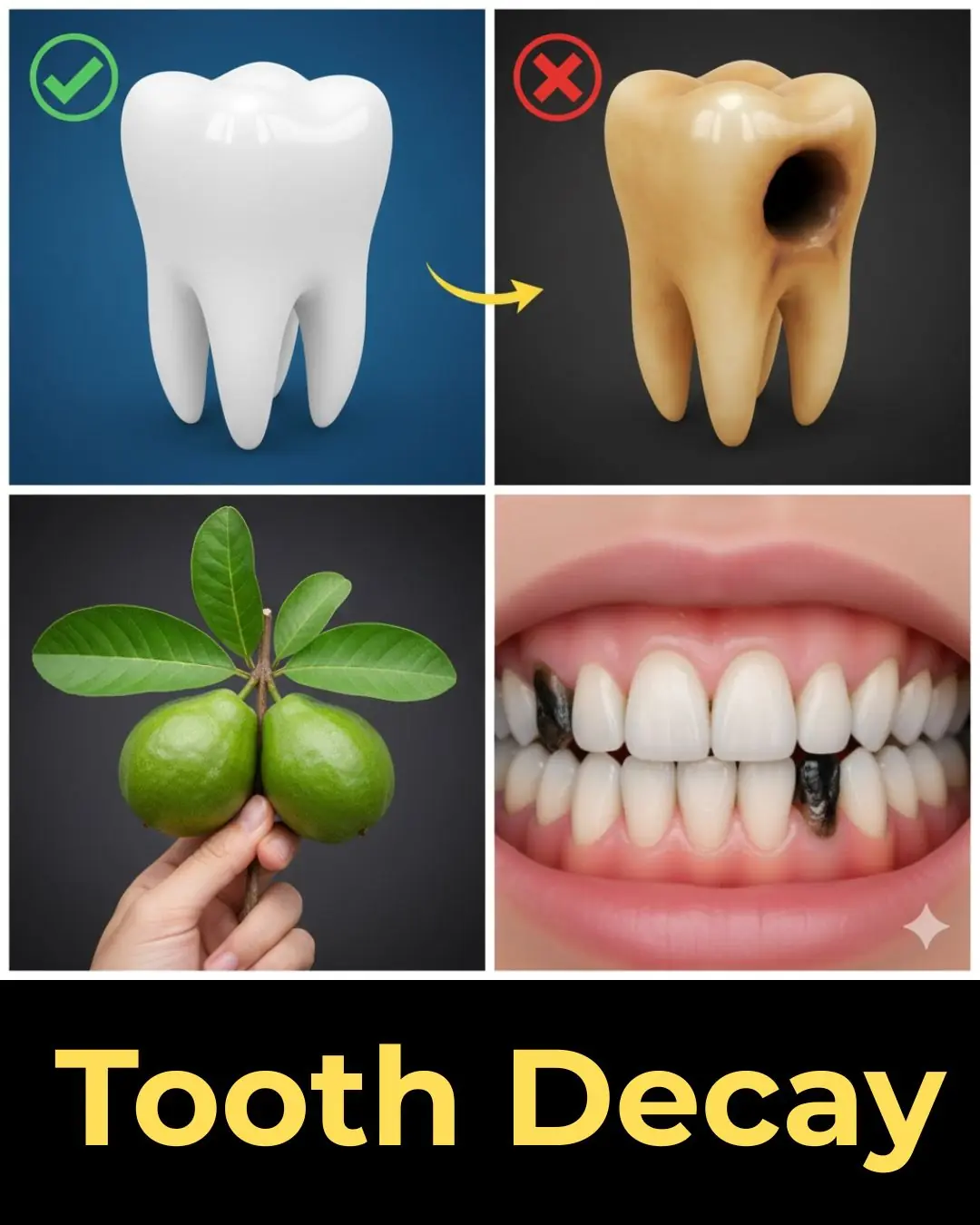
Tooth Decay Repair with Natural Remedies: Can Guava Leaves Help?
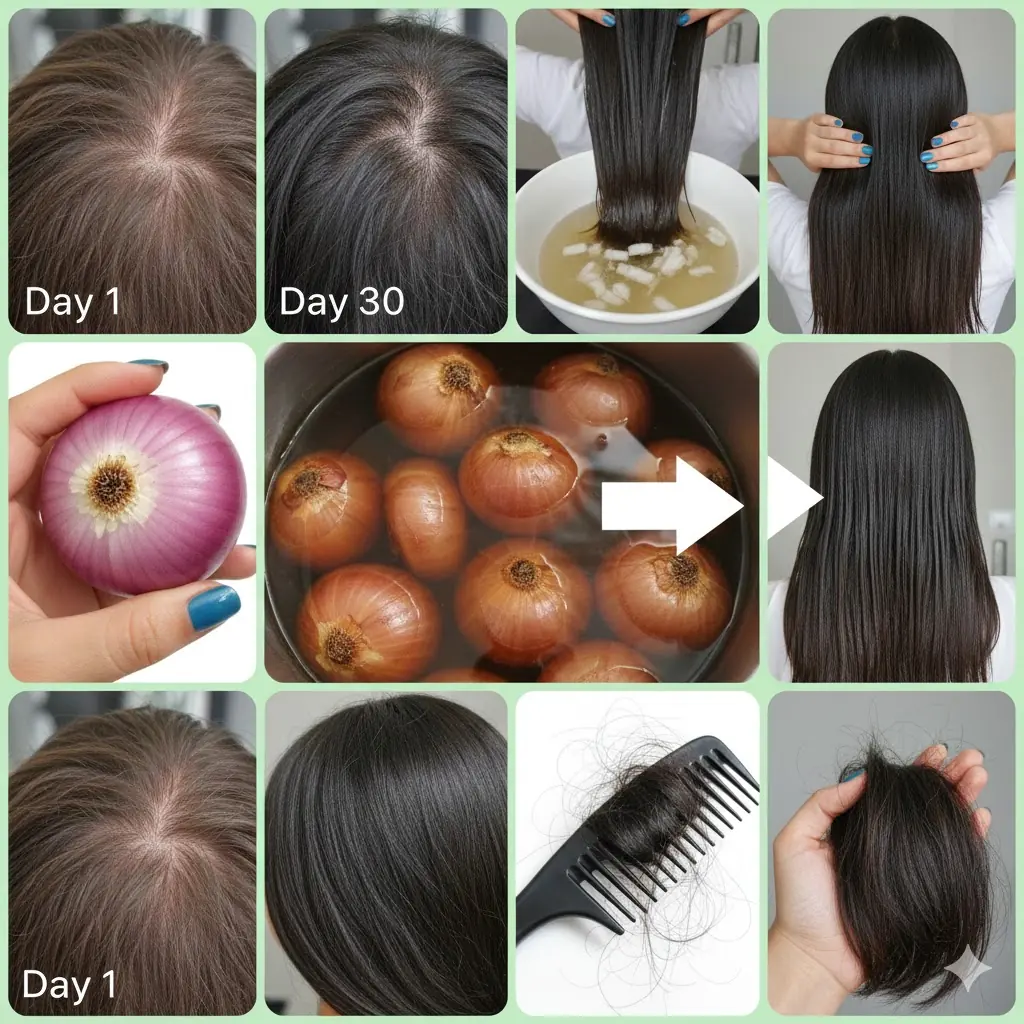
Onion Oil for Hair: The Smelly Secret to Long, Lush Locks

The simple circulation secret that can reduce varicose veins naturally

Doctors Reveal What Really Happens When You Eat Avocado Every Day

The Best Tea to Start Your Morning and After Dinner: A Powerful Blend for Wellness

A Powerful Mixture for Cleansing Your Liver (2 Ingredients)
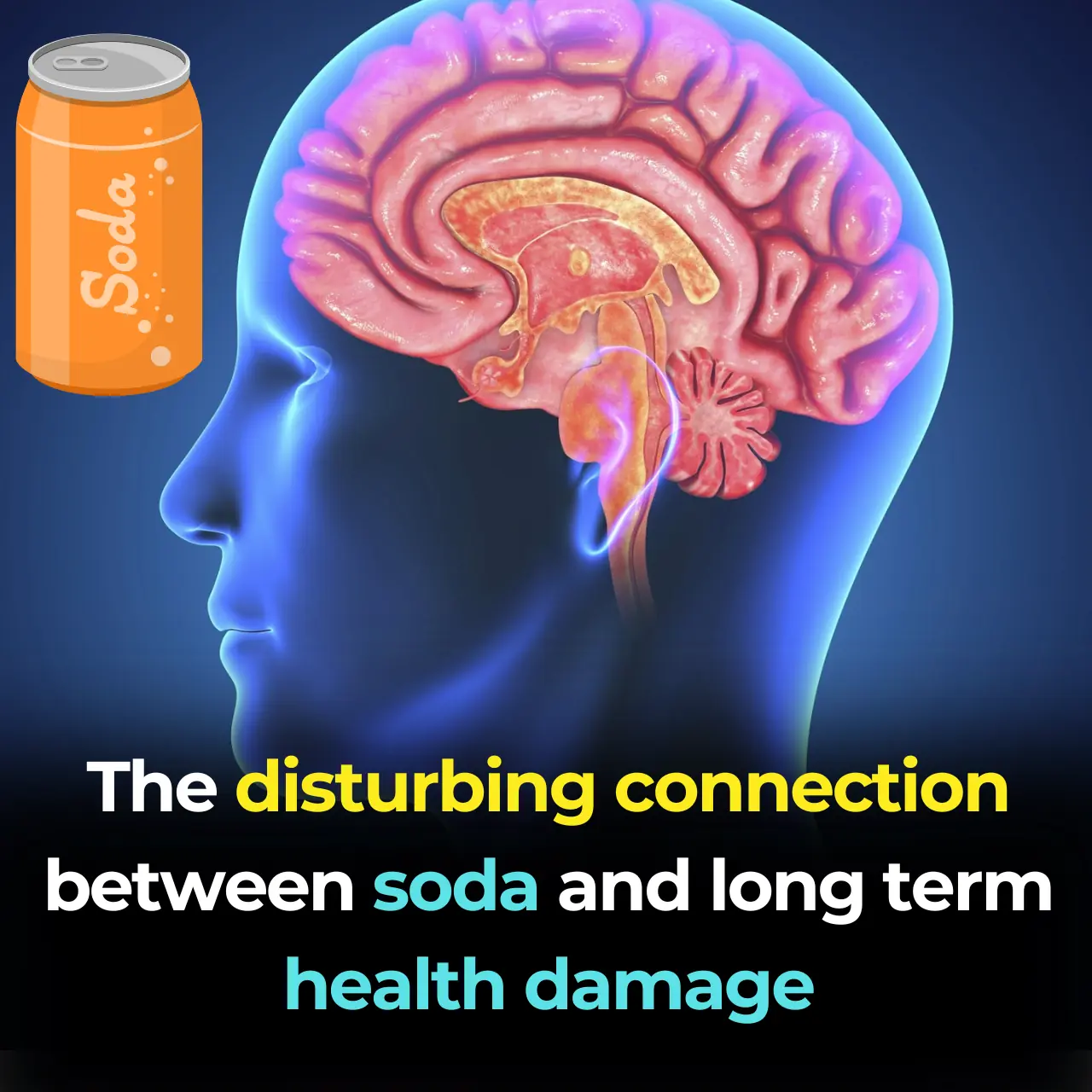
Studies Link Soda To Depression, Kidney Damage, Heart Attacks And Brain Damage

The Plant That Kills Cancer Cells, Stops Diabetes And Boosts Your Immune System!
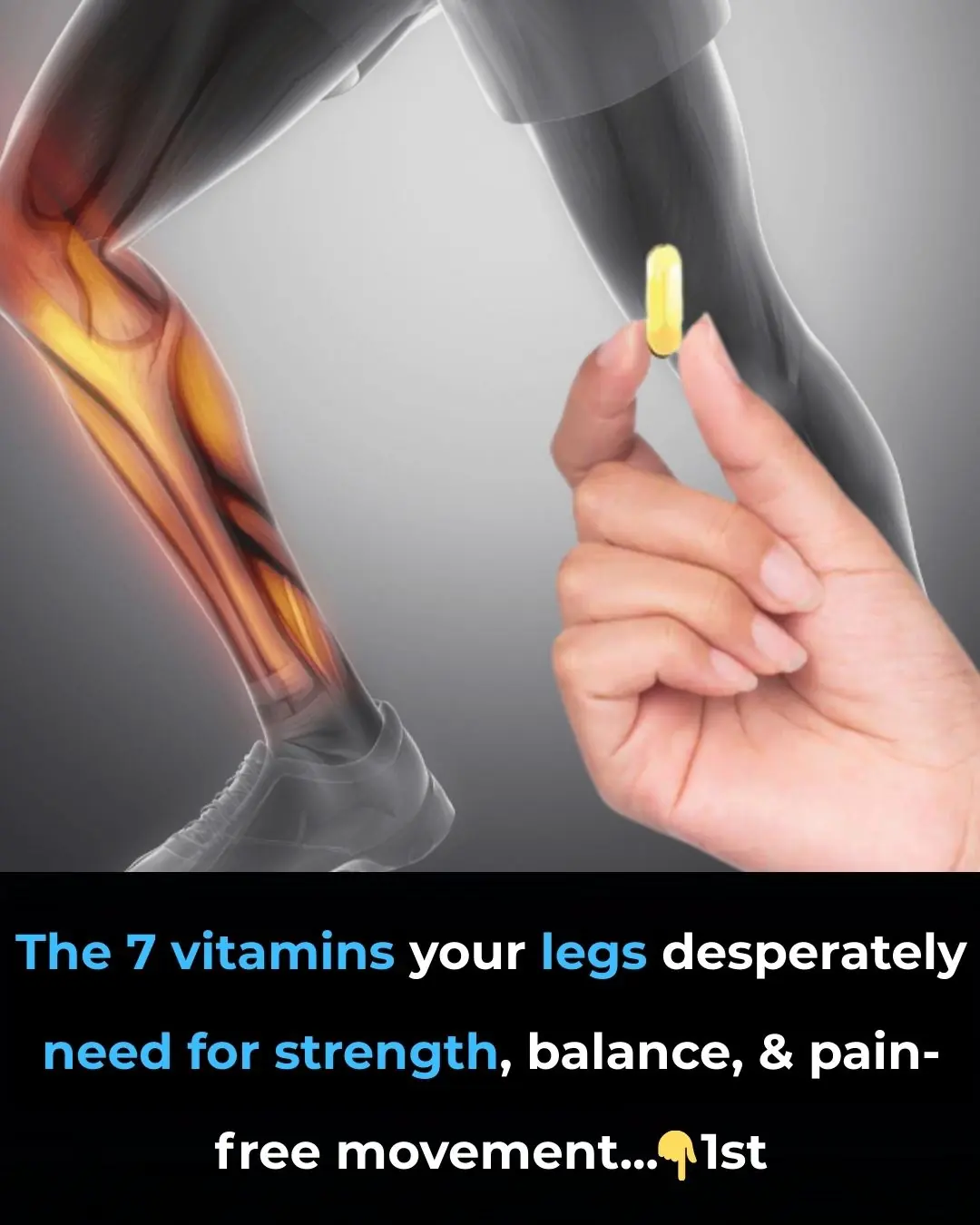
7 powerful vitamins you need for strong, healthy legs
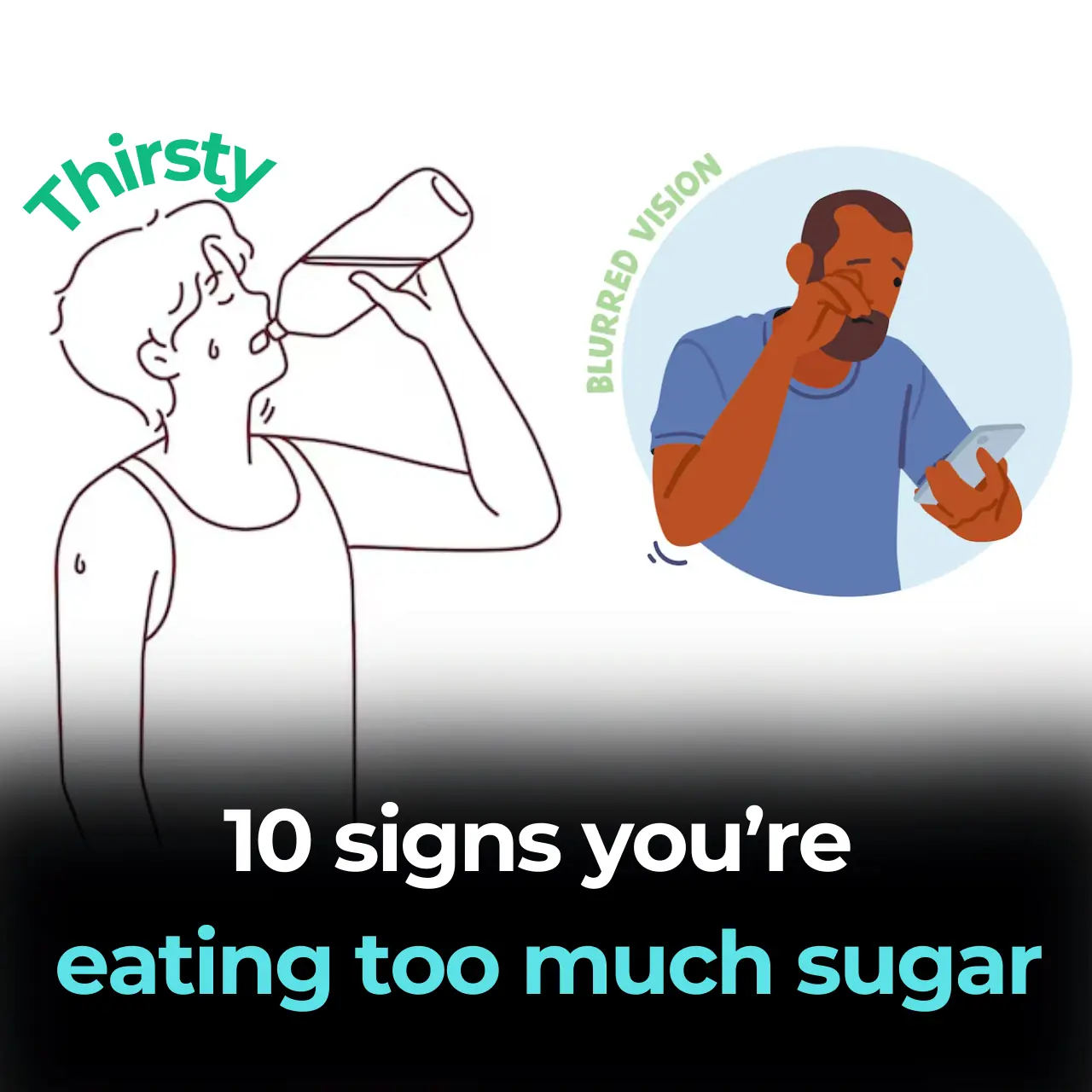
10 signs you’re eating too much sugar
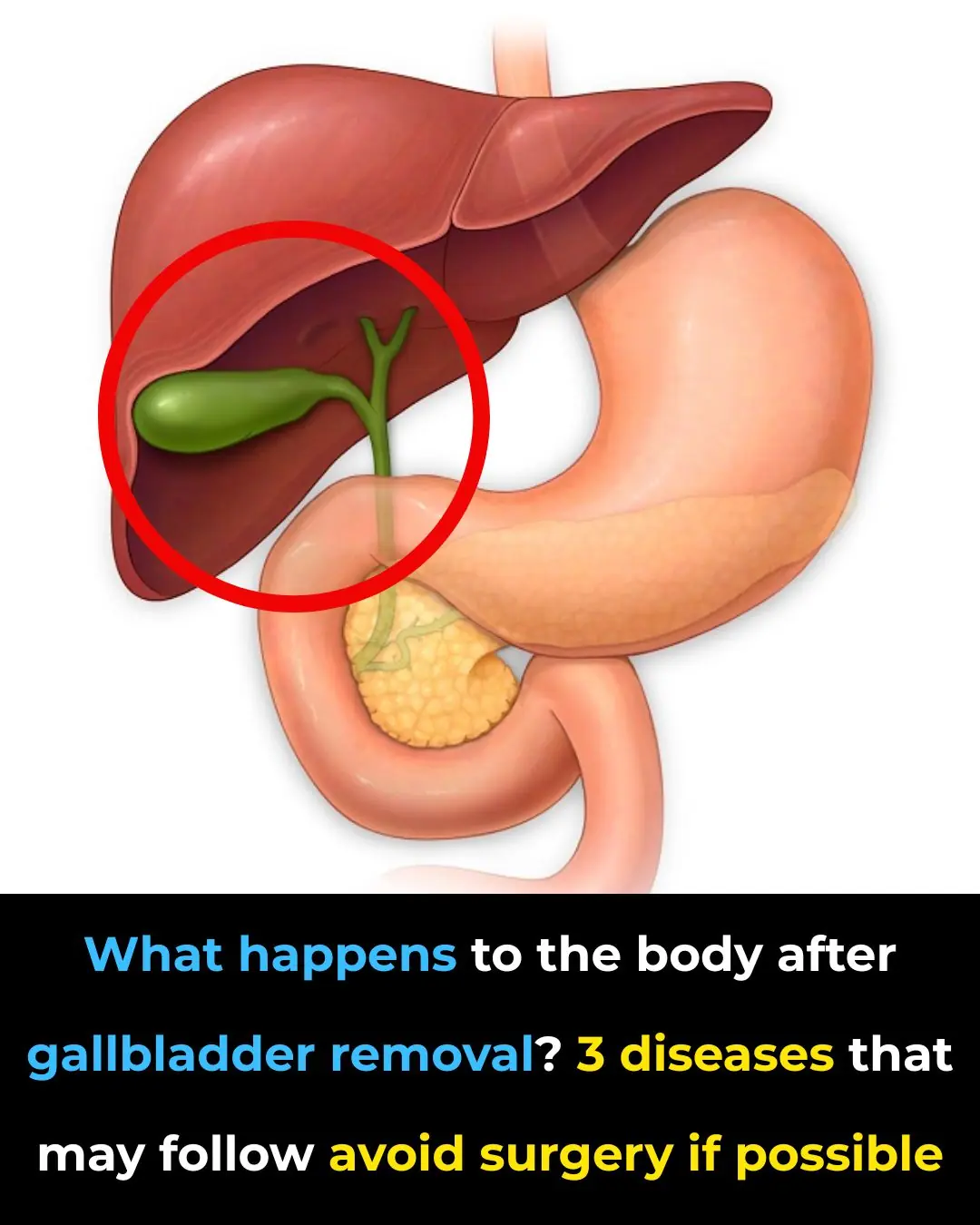
Gallbladder removal: what happens next and 3 risks to watch for
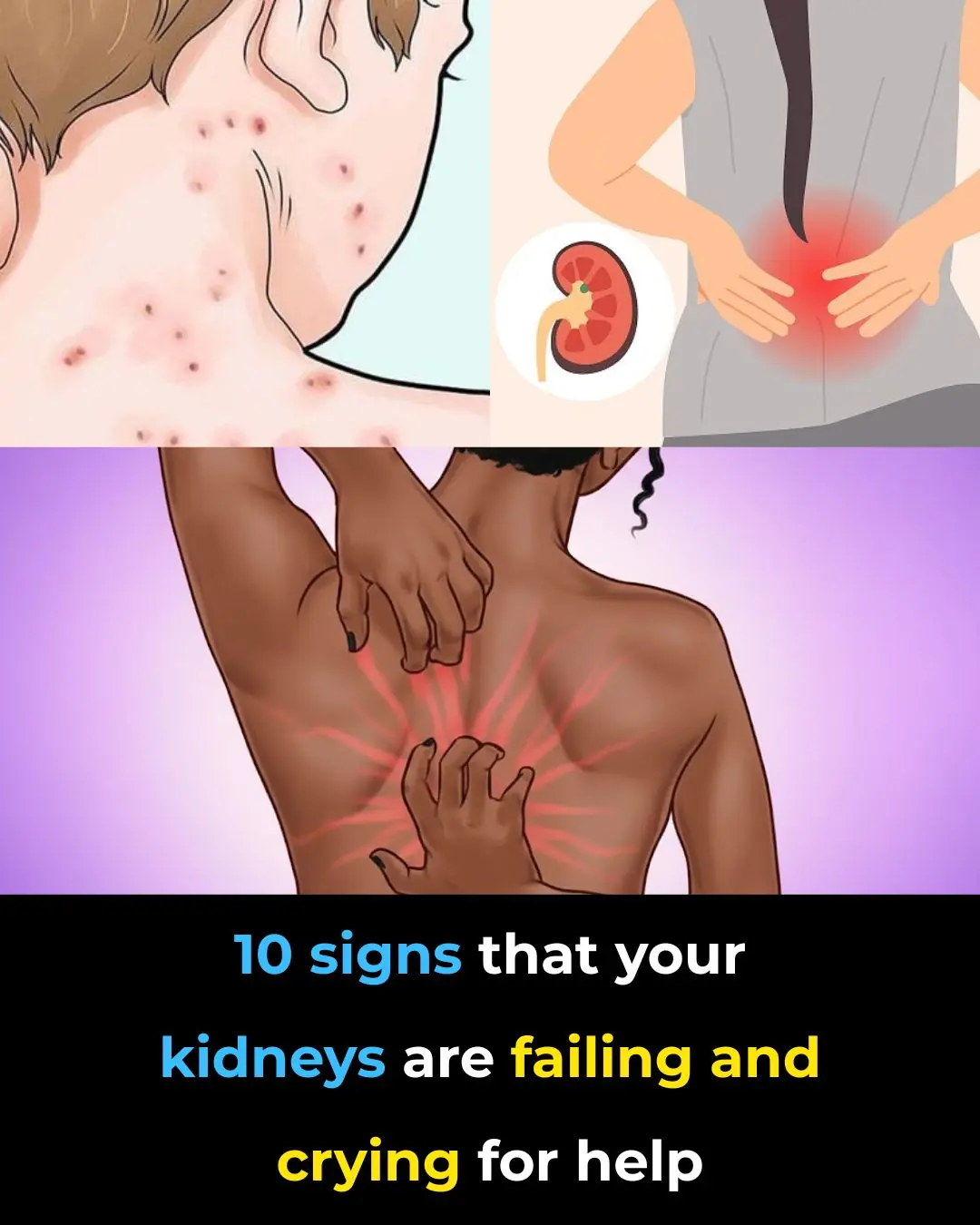
10 Warning Signs Your Kidneys May Be in Danger
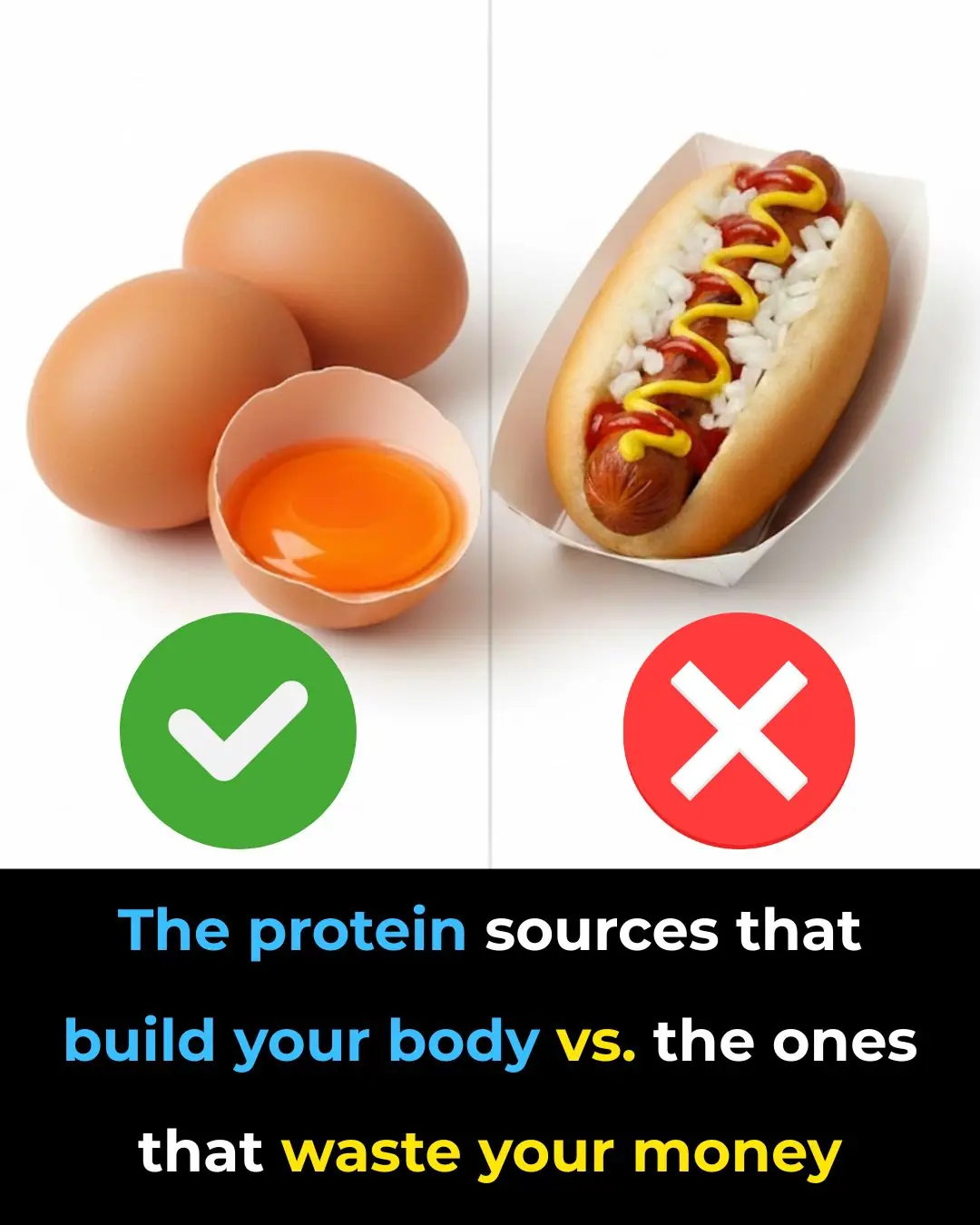
The protein sources that build your body vs. the ones that waste your money
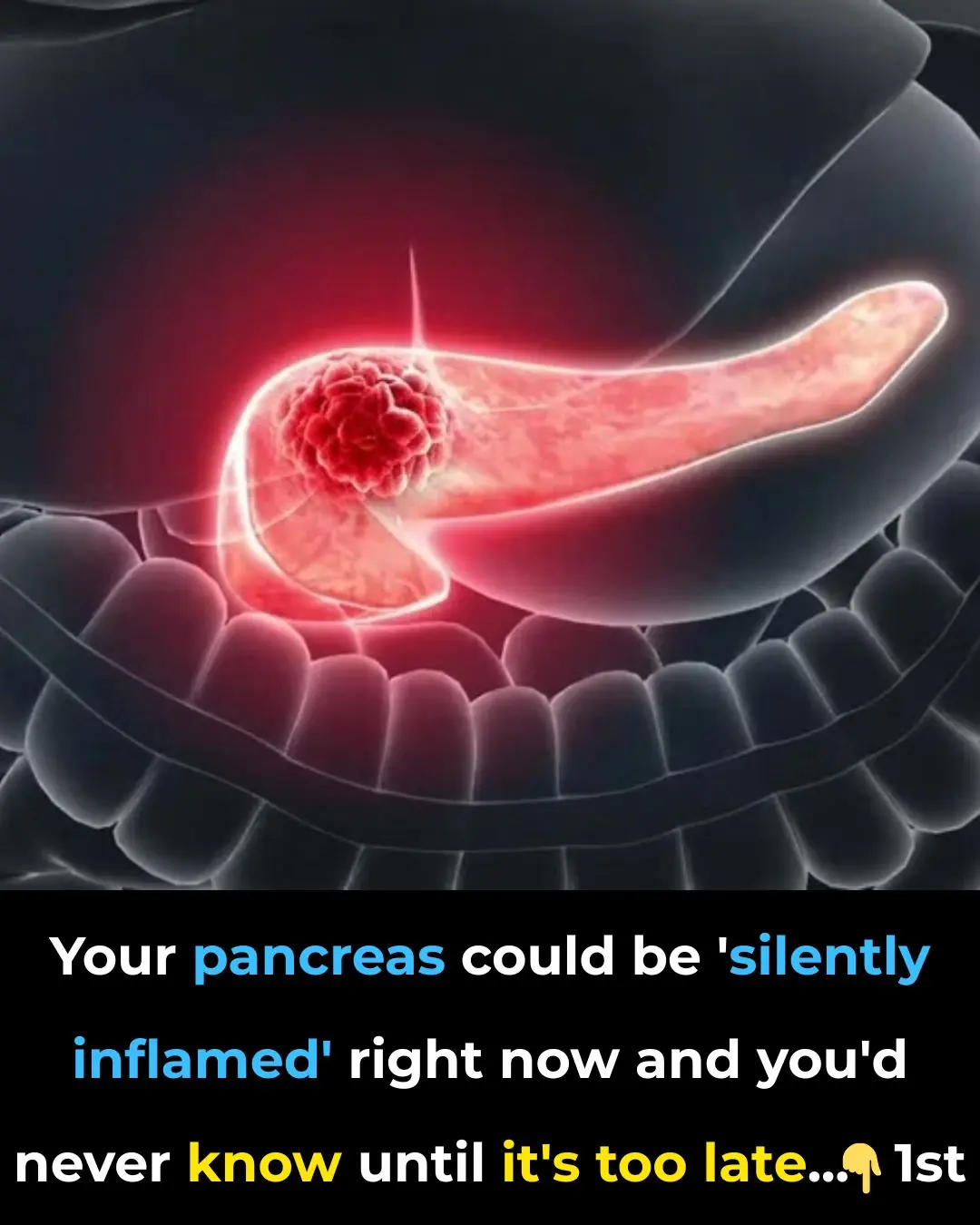
Your pancreas could be ‘silently inflamed’ right now and you’d never know until it’s too late
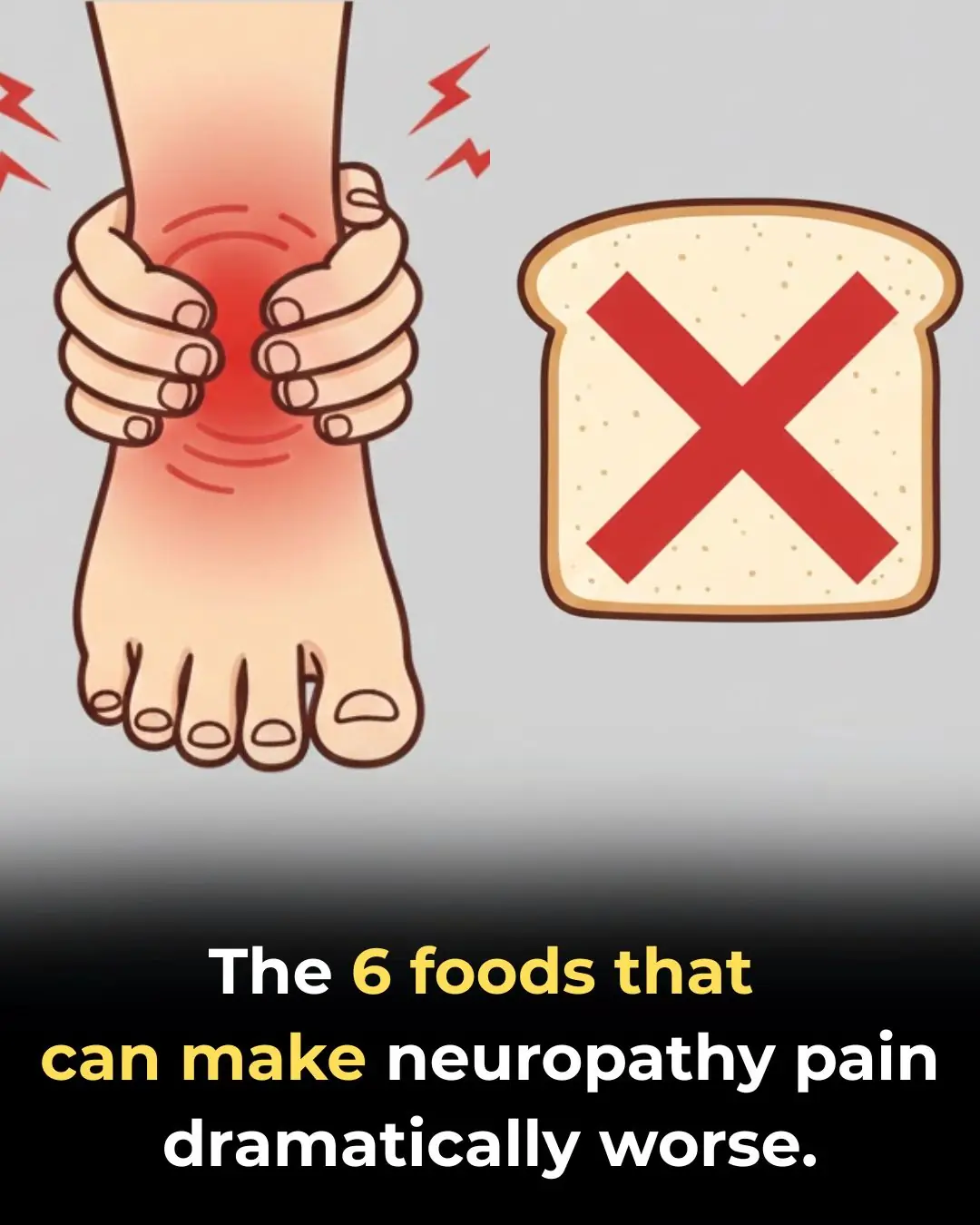
6 Trigger Foods That Cause Agonizing Pain If You Have Neuropathy
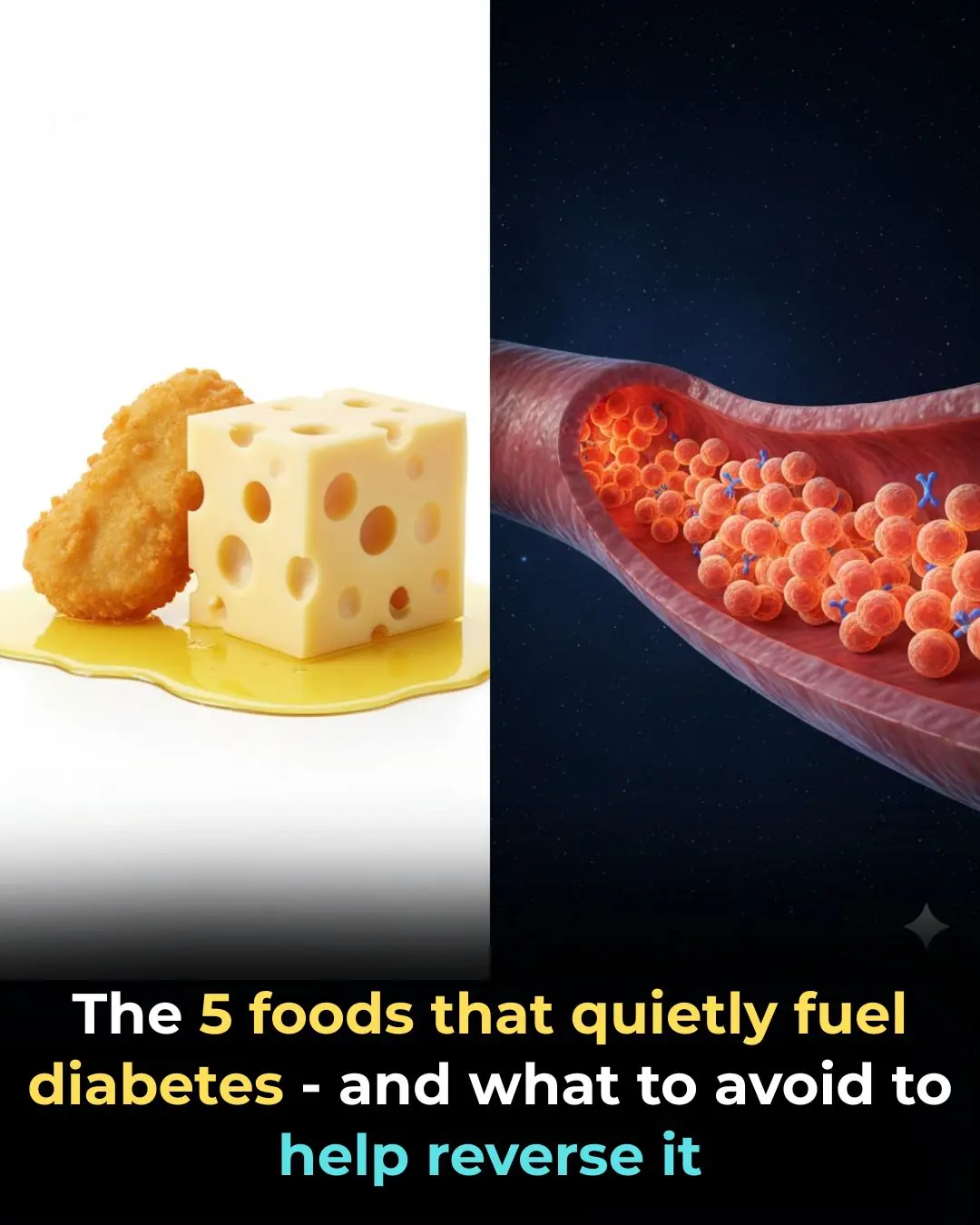
The 5 foods that quietly fuel diabetes — and what to avoid to help reverse it
News Post

What if you ate 4 eggs a day with the yolks for 30 days?

You’ve Been Taking The Wrong Type of Magnesium All This Time

This Salt, Pepper and Lemon “Miracle-Mix” Can Help Solve 9 Problems

Tooth Decay Repair with Natural Remedies: Can Guava Leaves Help?

Onion Oil for Hair: The Smelly Secret to Long, Lush Locks
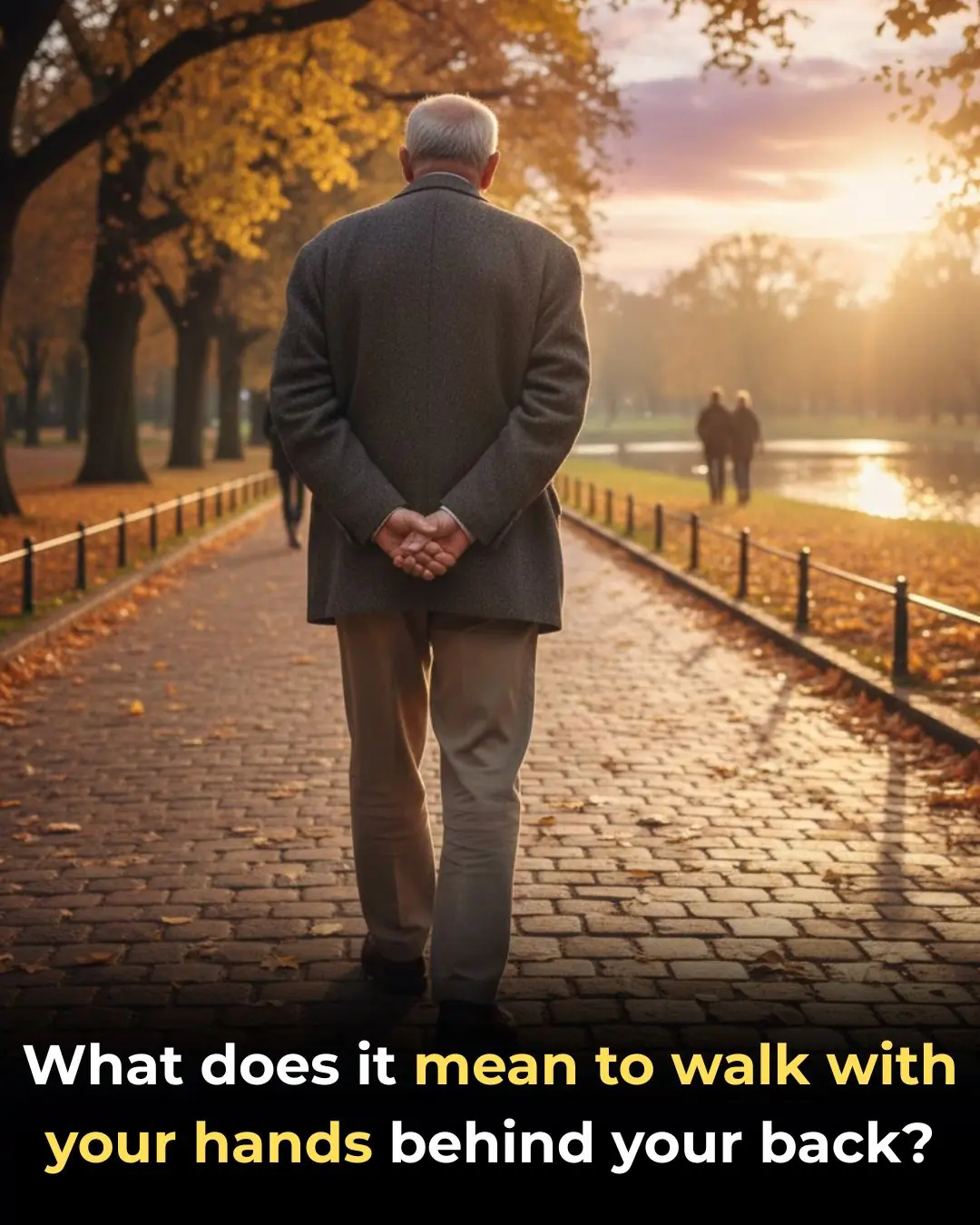
What does it mean to walk with your hands behind your back?

The Hidden Power of Mango Seed

The simple circulation secret that can reduce varicose veins naturally

Doctors Reveal What Really Happens When You Eat Avocado Every Day

Rice Baby Oil Collagen Cream For Wrinkle Free Glowing Skin

When Buying Shrimp: Should You Choose Straight or Curved Ones? The Difference Is Huge but Few People Know

Tiny Wings, Mighty Legacy: How Bees Create Honey and Sustain Life on Earth

Don’t Throw Away Overripe Bananas – The Black-Spotted Ones Are a Nutritional Treasure

Hawaii Is Releasing Mosquitoes From Drones — And It Could Help Save Species From Extinction
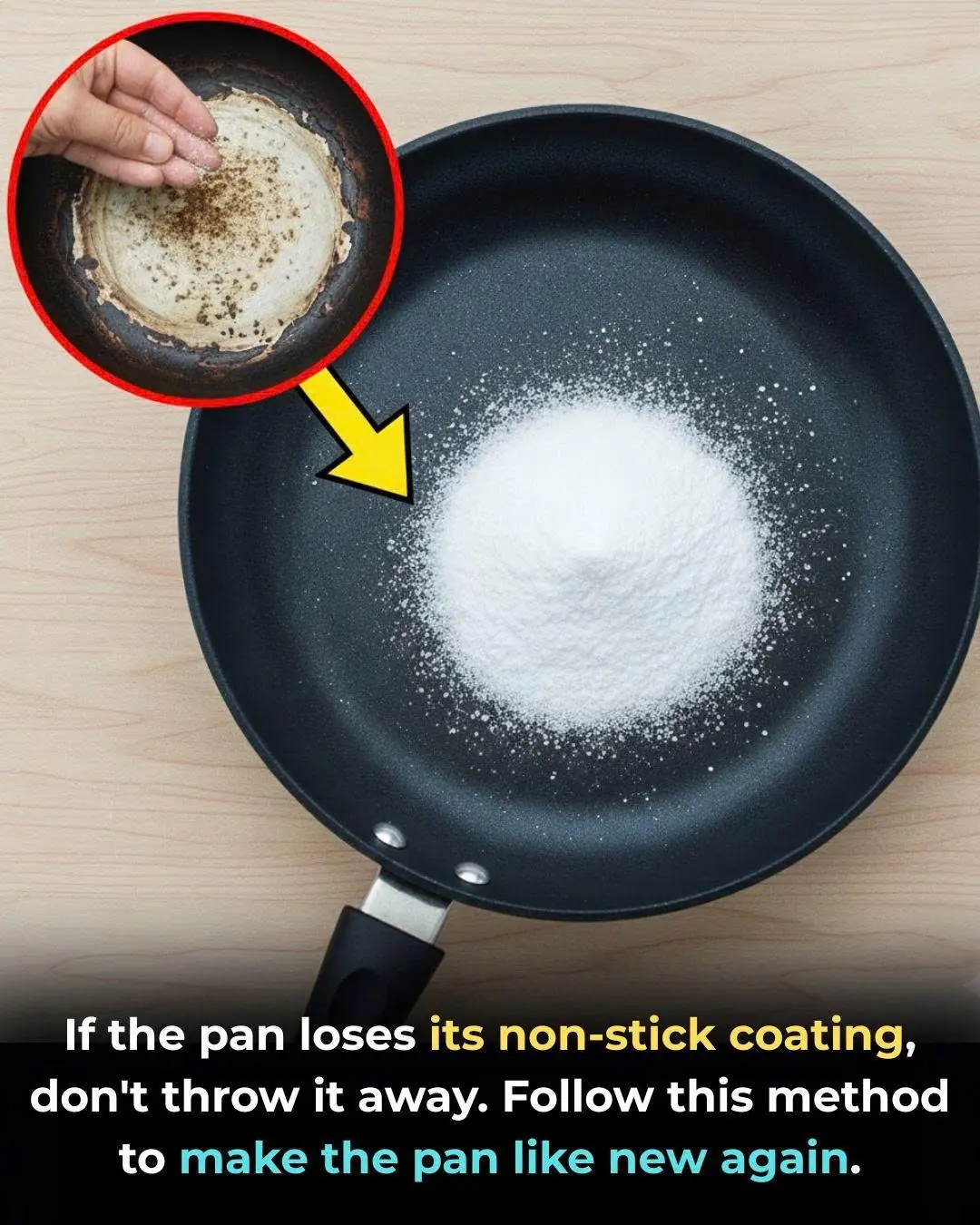
Your Non-Stick Pan Lost Its Coating? Don’t Throw It Away – Here’s How to Use It Like New

Superfetation: The Rare Phenomenon of Becoming Pregnant While Already Pregnant

How to Choose the Best Apples: The Crispest, Sweetest, and Most Nutritious Ones (Updated for Nov 11, 2024)

When a married woman is obsessed with another man, she does 9 things.
